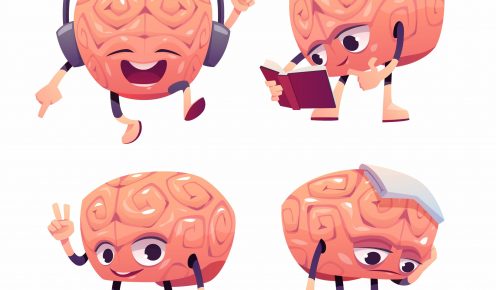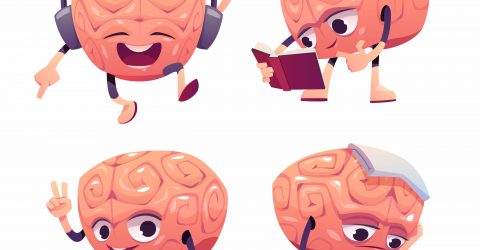Music therapy is an important form of mental health care that has been shown to have a host of amazing benefits. Here’re just a few of the amazing benefits of music therapy:
- Music therapy has been shown to positively affect mood and mental health.
Music therapy can affect mood and mental health positively. Music therapy can provide a safe, calming environment in which people can explore their emotions and find relief from stress. Music therapy can also help people develop new communication and self-care skills.
- Music therapy can help people with anxiety and depression.
Music therapy can help people feel more connected to their emotions, which can reduce feelings of anxiety and depression. Music therapy can also help people feel more connected to their own bodies and their world, and this can help people feel less anxious and more connected to the world.
- Music therapy can help people with ADHD and other mental health conditions.
Research by the National Institute of Mental Health found that music therapy may help improve focus and attention span, decrease impulsiveness, and improve work and playability.
- Music therapy can help people learn new skills and abilities.
One of the most important benefits of music therapy is that it can help people learn skills and abilities that they may not be able to learn elsewhere. The ability to learn a new skill will surely positively impact people’s lives. For example, people with autism can learn how to communicate more effectively through music therapy.
- Music therapy can help people recover from trauma.
Music therapy is well-known to be an effective trauma treatment. In a study published in the journal Music Therapy, music was an effective treatment for post-traumatic stress disorder (PTSD) in adults. This disorder occurs after a person experiences or witnesses a traumatic event.
- Music therapy can help people with dementia and Alzheimer’s disease.
Music therapy has been shown to help people with dementia and Alzheimer’s disease in various ways. For people with dementia, music therapy has improved communication, social interaction, and mood. For people with Alzheimer’s disease, music therapy has improved memory, orientation, and daily living skills.
- Music therapy can help people with physical disabilities.
Music therapy has been shown to be an effective treatment for physical disabilities. Music therapy can assist people with physical disabilities to:
– Improve their mobility.
– Improve their communication.
– Improve their socialization skills.
- Music therapy can help people with chronic pain.
People with chronic pain can often experience a wide range of symptoms that can make everyday activities difficult. Music therapy can be a beneficial way to help reduce pain and improve moods and quality of life.
Many studies have shown the positive effects of music therapy on people with chronic pain. One study found that people with chronic pain who received music therapy reported lower levels of pain and improved moods. In addition, music therapy was also found to help improve sleep quality and function.
Conclusion
There are countless benefits that music therapy can offer to people. Some of these benefits have been highlighted in this article.















